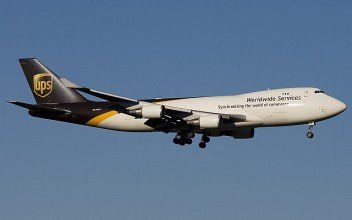
The FAA can’t mandate lower safety criteria for cargo operators than for passenger airlines based solely on cost, representatives for UPS pilots argued in court this week. Lawyers for the Independent Pilots Association told the U.S. Court of Appeals in Washington, D.C., that the FAA’s rule governing flight crew duty and rest requirements, finalized in December 2011, should not have excluded all-cargo operations. “The FAA’s decision to exclude all-cargo operators … represents a significant departure from more than seven decades of agency practice,” the lawyers argue in their brief. “Historically, flightcrew member duty and rest rules did not distinguish between cargo and passenger operations.”
The FAA said in its final rule it had “removed all-cargo operations from the [rule] because their compliance costs significantly exceed the quantified societal benefits.”The IPA also argued that the FAA should not be allowed to use its cost-benefit analysis as grounds to exclude cargo operations from the safety mandates ordered by Congress. In issuing the duty and rest rules, the agency found that the cost to cargo carriers would amount to about $452 million with about $10 million in benefits. In 2014, pilots’ groups including the Air Line Pilots Association questioned the FAA’s decision to use this analysis in excluding cargo operations, but the agency affirmed its decision to let its final rule stand.


































